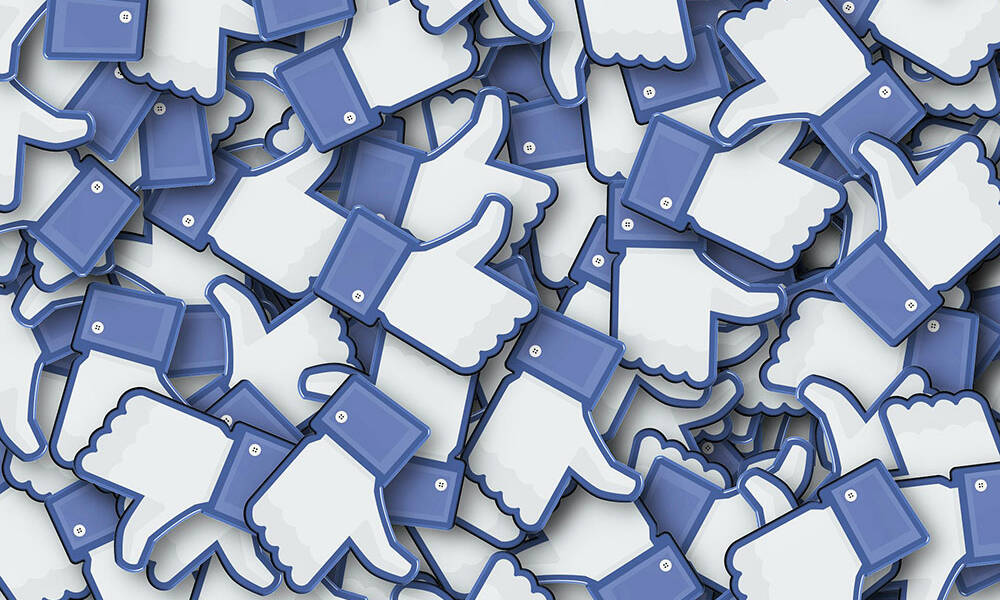
Facebook at 15: It’s Fundamental. It’s Annoying. We’re Still There.
As it hits a key anniversary, it’s safe to say that Facebook, as a social network and company, is well into its terrible teen years. But it’s worth remembering the reasons why the network hooked us in the first place—because they’re the very things that associations want to do well.
Fifteen years ago, a group of Harvard students was getting its first taste of a social network that reflected an early salvo in the way that people communicate with their friends online.
That network, Facebook, has proved so interesting and fundamental that a popular movie was made about these early days, and its screenwriter, Aaron Sorkin, recently made waves about producing a sequel. I don’t necessarily mean interesting and fundamental in a completely good way, of course.
Facebook and its leadership—particularly founder and CEO Mark Zuckerberg and COO Sheryl Sandberg—have become frequent punching bags for privacy advocates, for reasons not unwarranted. The company has a lot of power, as proven by its increasing influence in Washington, and seemingly hasn’t used its power and access to personal data for good. A recent knock for the company came after it was revealed that it was distributing an app that effectively siphoned off lots of data from consumers in exchange for a modest fee—leading to an unprecedented, if short-lived, ban of its internal apps by Apple. (Google received a similar one after it voluntarily revealed the existence of a similar app of its own.) If you think it’d be disruptive for your organization’s apps to stop working, imagine how bad it is for a massive tech-driven organization like Facebook.
With bad news story after bad news story hitting the company over the past two-plus years, it probably makes sense that when Zuckerberg recently took part in an earnings call, he suggested that what he really wanted to be working on was the product itself.
It’s highly scrutinized and highly criticized because it’s highly Important, with a capital I.
“The reality is we put most of our energy into security over the past 18 months so that building new experiences wasn’t the priority over that period,” Zuckerberg said, according to Recode. “So this year, I think we’re going to deliver several of these new experiences.”
For associations, as with many of the industries they represent, Facebook has been something of a mixed bag, something that has revolutionized nonprofit messaging and even proven to be an effective fundraising tool, but one that also came with a significant loss of control, a problem that especially showed itself last year after the site made changes to its News Feed algorithm. And it can be easily argued that Facebook’s mere existence makes it more likely that smaller boats will feel the pull of a regulatory tide even more than the bigger ones do.
But with all those downsides, it’s easy to miss the benefits of what the company represents. In a recent retrospective piece on The Conversation, Tufts University’s Bhaskar Chakravorti, who serves as The Fletcher School’s dean of global business, wrote this:
With this much going wrong, it is easy to forget that the company has shown great technological and business sophistication in connecting people like never before. Facebook combined innovative social-networking ideas from others and bought up potential competitors like Instagram and WhatsApp. This itself constitutes an innovation in creating a connectivity platform like no other.
Chakravorti noted that the company has actively helped to support the growth of open source software, the improvement of small businesses, and the economy as a whole, and these aspects could allow the company to turn a corner in the coming years, even as it faces even bigger challenges in the form of regulatory scrutiny. In a way, Facebook feels like a great idea that almost worked too well, creating messy side effects that our culture has failed to make sense of in the years since.
But, on the other hand, we have to appreciate the fact that its sheer messiness is the result of it being such a fundamental change. It’s highly scrutinized and highly criticized because it’s highly Important, with a capital I.
“At its peak, the average user spent nearly an hour a day on Facebook’s platforms,” The Economist recently wrote. “Few companies have exerted such a strong influence on society, changing people’s communication habits, reuniting lost contacts, shaping their perception of world events and redefining the meaning of the word ‘friend.’”
Even if its influence wanes in the face of future tech trends, Facebook is here to stay in some way, shape, or form. Even if you don’t like it, or the level of influence it has on a membership you’d prefer to use another platform. It’s likely that when many organizations started using it, it was not because there was an in-depth strategy, but because of a natural realization that it was where members were, and they wanted to better reach their audiences.
Now, it’s a key part of the way we strategize messaging in many cases. As much as Facebook has grown over the years, so too has our way of embracing this tool. We’ve debated it, questioned its value, resisted its walled-garden nature, and ultimately made it work for our organizations.
It’s not perfect, and its problems are significant, but there’s a reason it got us hooked. Associations would do good to push aside the news stories for a little while and figure out exactly why it worked so well in the first place.
(TheDigitalArtist/Pixabay)






Comments